How Land and Sea Powers Look at the Map

Jakub Grygiel addresses, first, how states think of their strategic space and, second, why they seek to control it.
The Political Culture of Imperialism in the German Kaiserreich
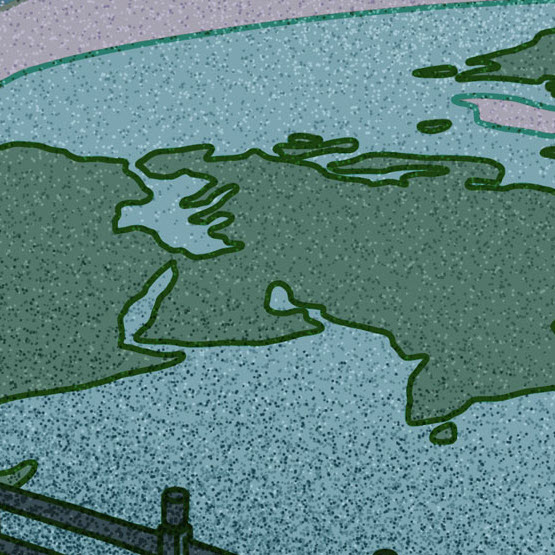
In the German Kaiserreich (1871–1918) there existed a complex political culture of imperialism, much of which was entangled with other aspects of German public life. The culture comprised many elements, and from them more than one imperialist ideology was constructed. This commentary focuses on four particularly important aspects of German imperialist culture. A few caveats […]
Mental Maps, Territorial Imaging, and Strategy: Thinking about the Japanese Empire

For much of the seventeenth through mid-nineteenth centuries, Japan’s Tokugawa leaders sealed off their country from the world, turning political, social, and economic planning and policy inward. It was not necessarily illegal to leave Japan, yet should you return, you would get your head chopped off (castaways could be exempted, although not always). Foreign arrivals […]
Constructing Russia’s Strategic Space: Empire, Identity, and Geopolitics
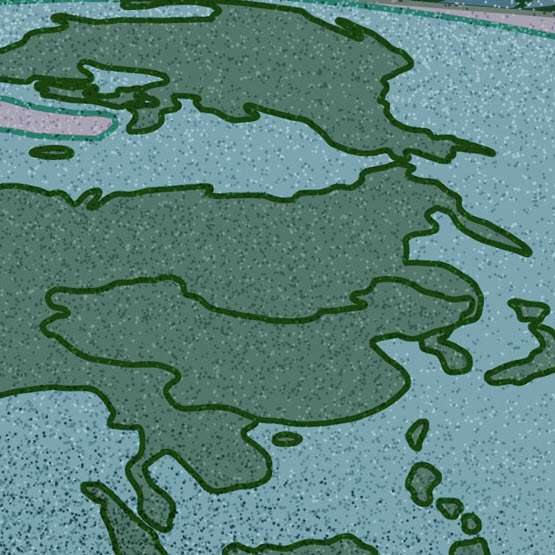
The war in Ukraine may be Russia’s most blatant attempt to undermine the sovereignty and territorial integrity of a neighboring state, but it is in keeping with a long history of Russian attempts to dominate its smaller neighbors. Since the collapse of the Soviet Union in 1991, the Russian Federation has remained deeply enmeshed in […]
To the Grand Area and Beyond: The Sudden Transformation of the United States’ Strategic Space
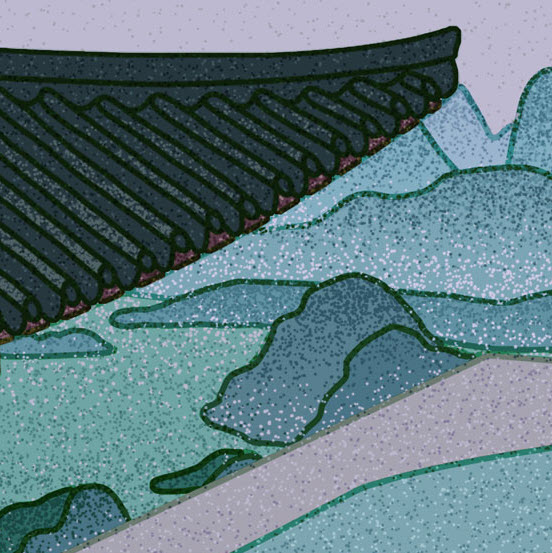
The story of the United States’ rise to global power is inadequately understood in part because its contours are so familiar. The most prominent narrative, reiterated in the country’s political discourse, holds that the United States oscillated between “isolationism” and “internationalism” until the latter prevailed around the middle of the twentieth century. Many scholars question […]
The Qing Conception of Strategic Space
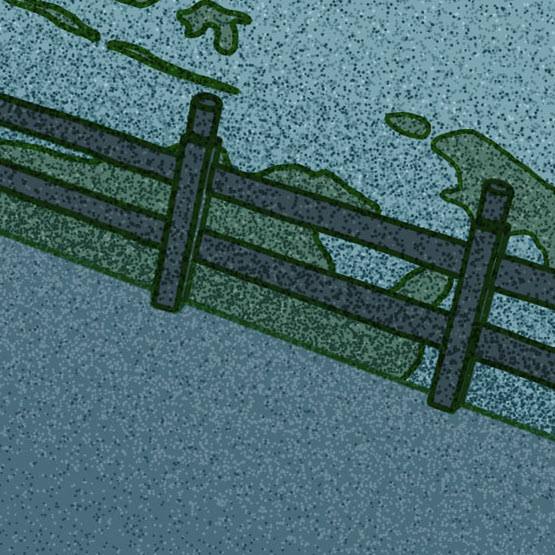
The question of how the Qing empire conceived of its strategic space—or, rather, failed to do so correctly—is where the field of modern Chinese history began. In textbooks, popular accounts, and media references, the Opium War has for many decades (and still often today) been treated not as an instance of the extremes of global […]
Conceptions of Strategic Space in Republican China
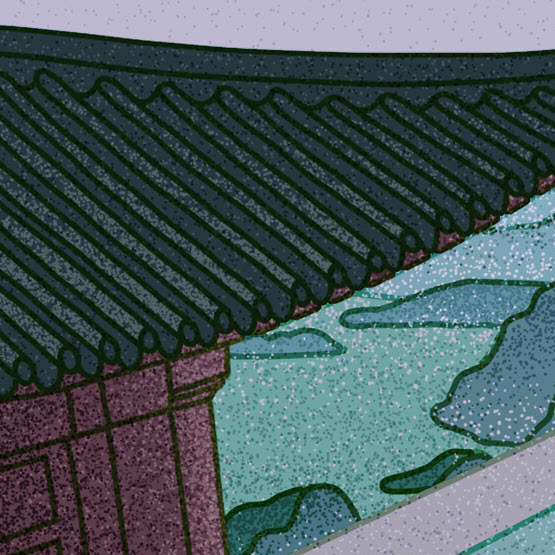
This video by Bill Hayton, Chatham House, examines how Republican Era China conceptualized its strategic space and the evolution, drivers, and instruments used to determine this space.https://youtu.be/jcKtH9nFDSo Bill Hayton was appointed as an associate fellow with the Asia-Pacific program at Chatham House in 2015. He is a former BBC journalist, the author of four books […]
China’s Strategic Space in the Mao Era

Many scholars characterize the first three decades of Chinese Communist Party (CCP) rule, or what is commonly called Mao’s China, as part of the Cold War. When it comes to China, however, I find this characterization misleading. It is my view that there never was a Cold War China, and this condition deeply shaped the […]